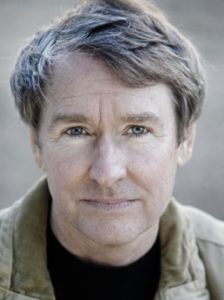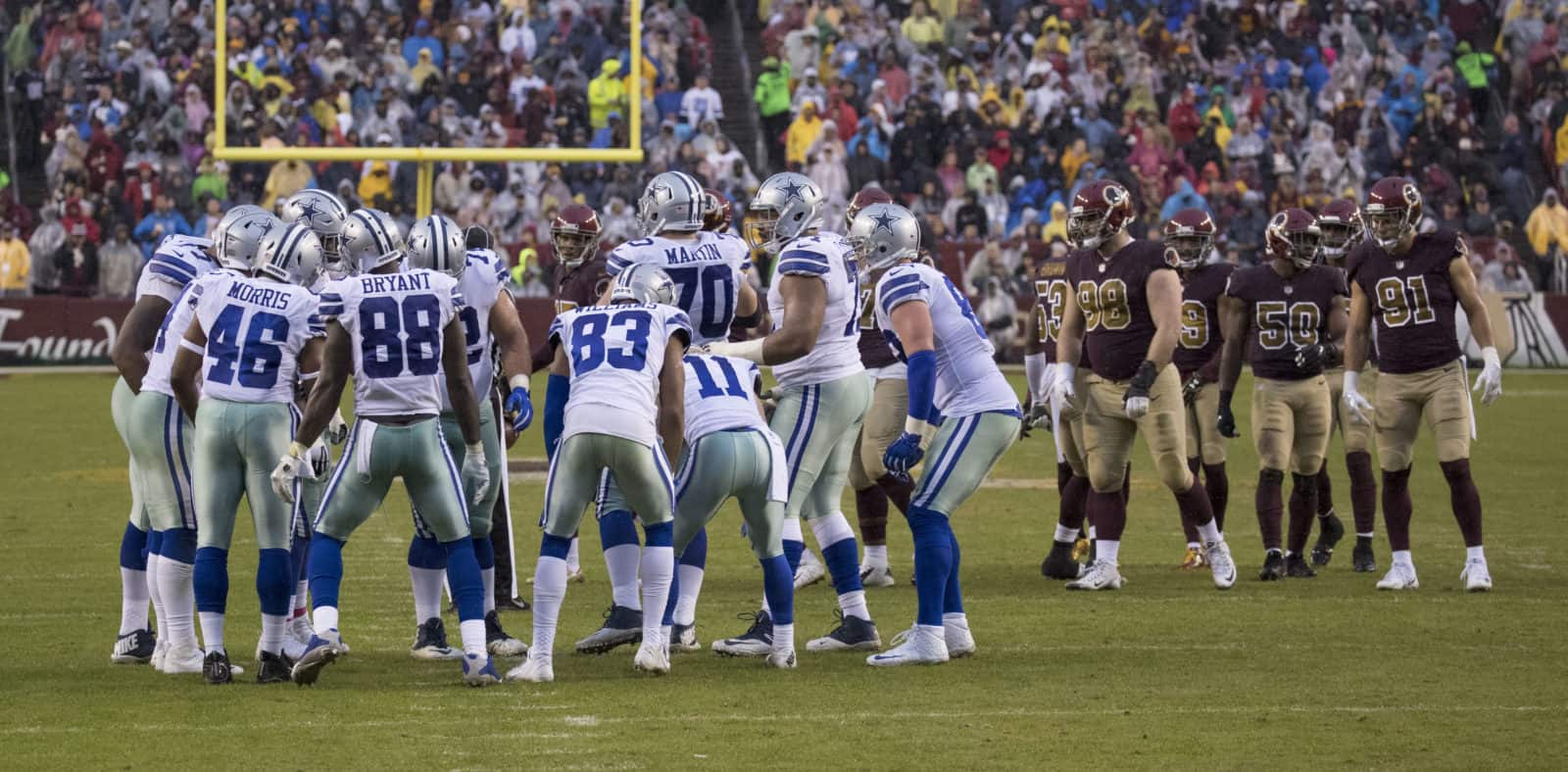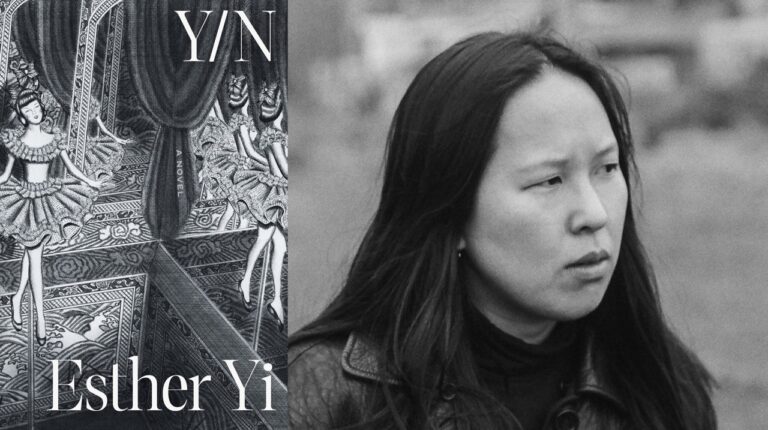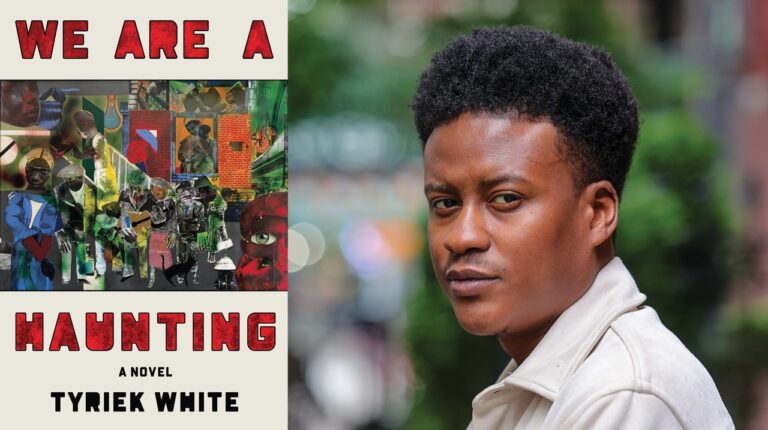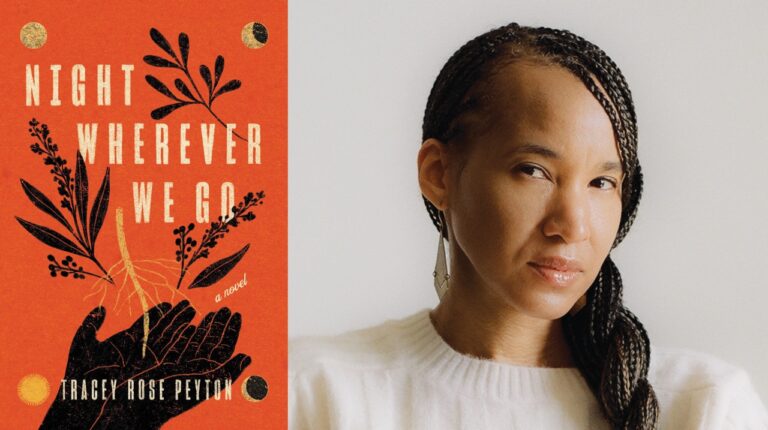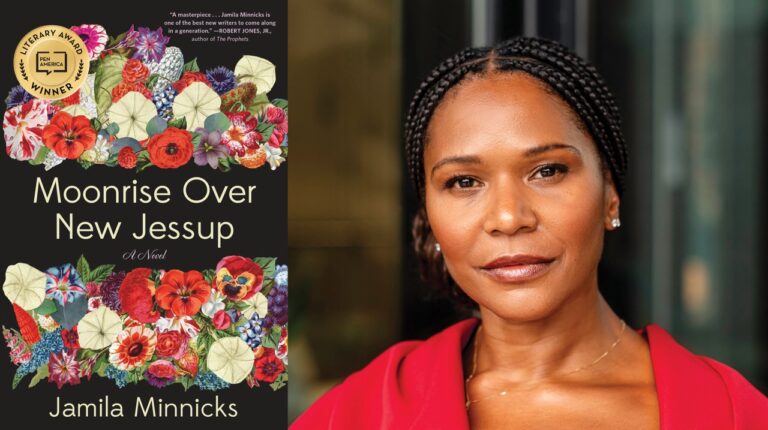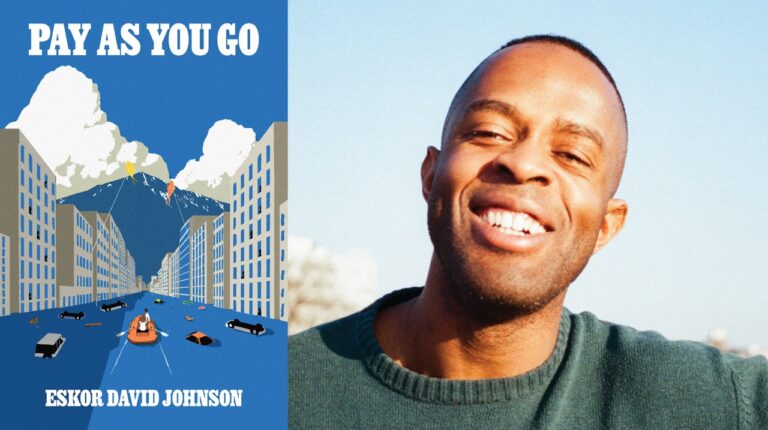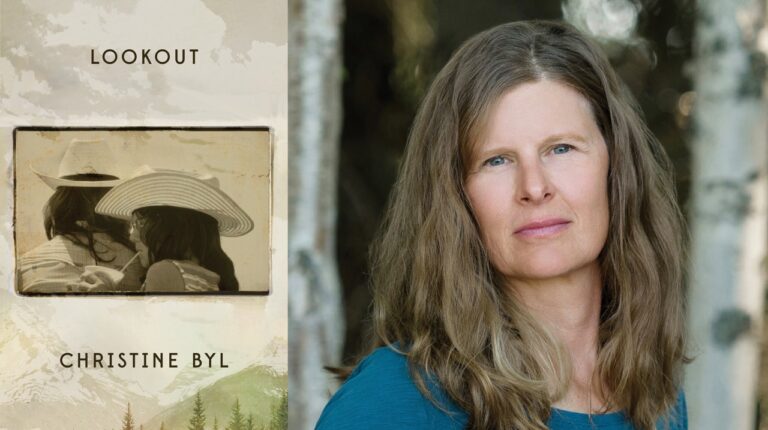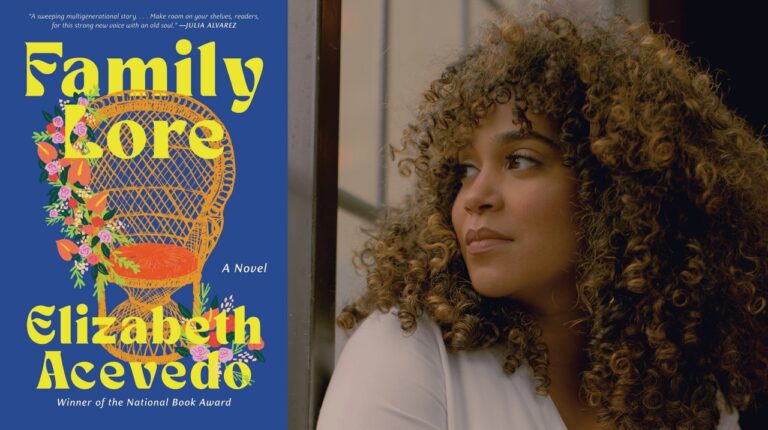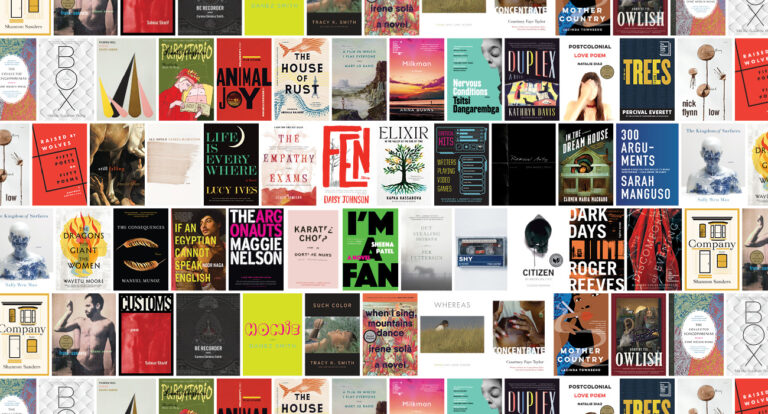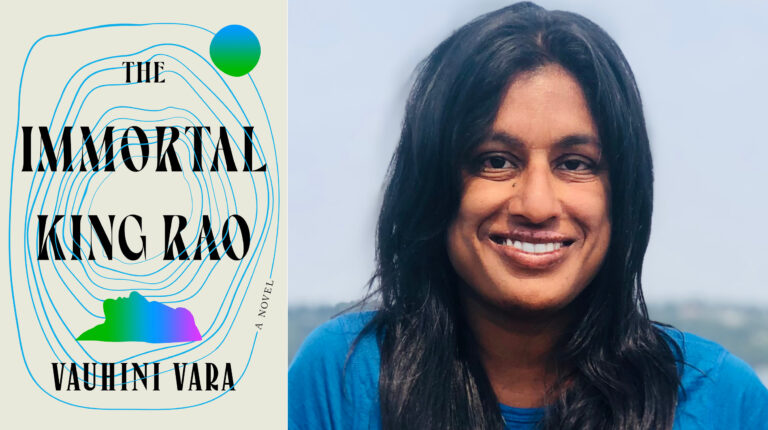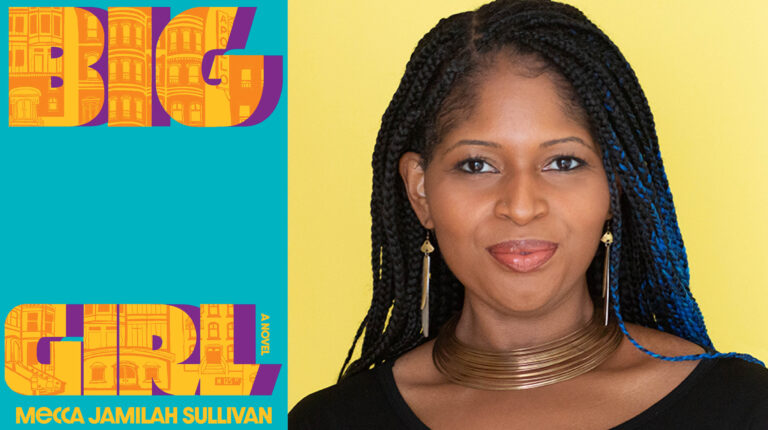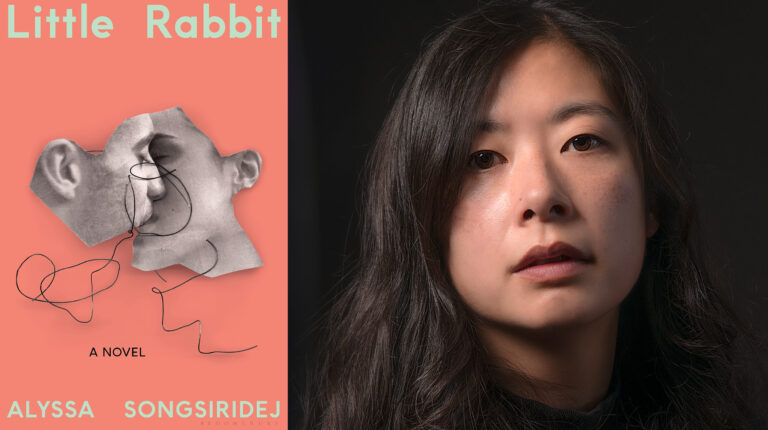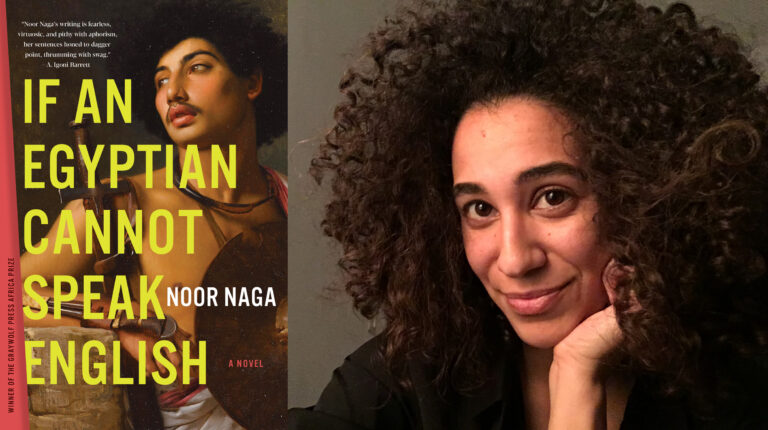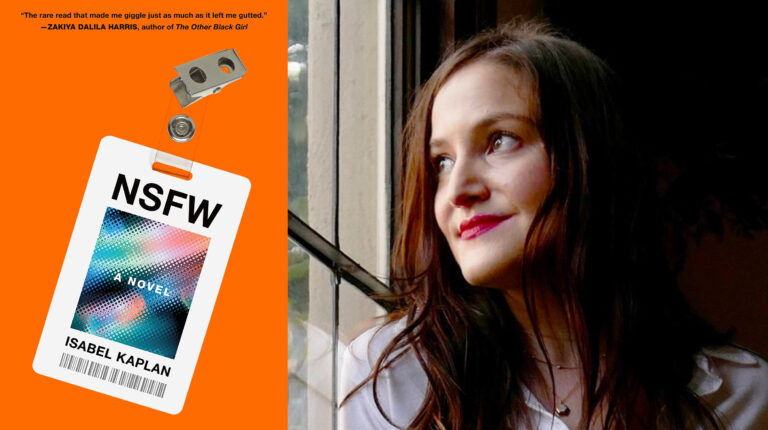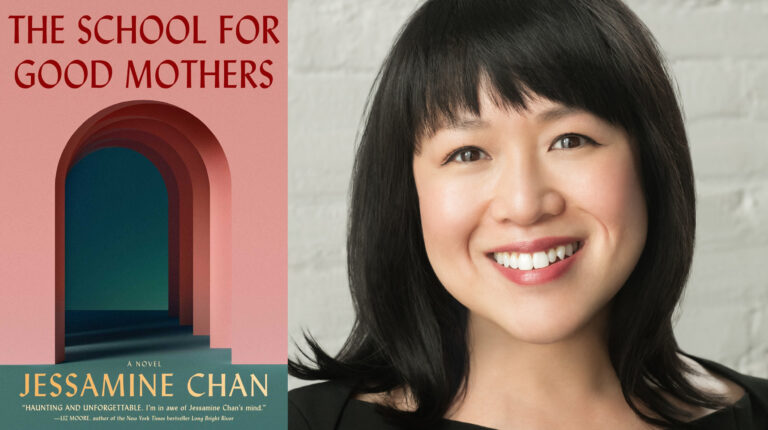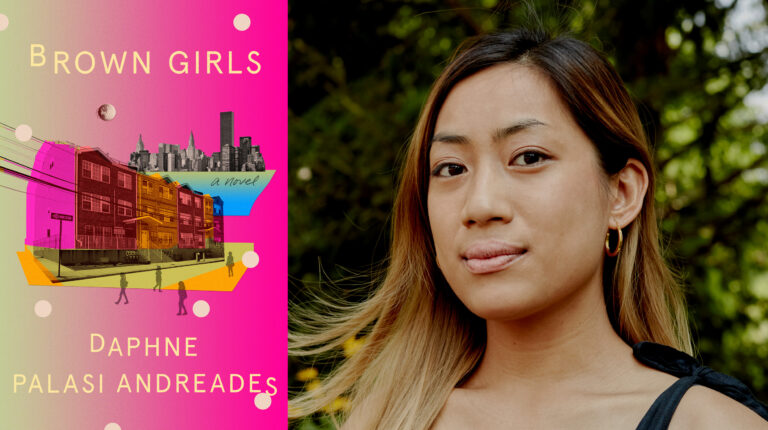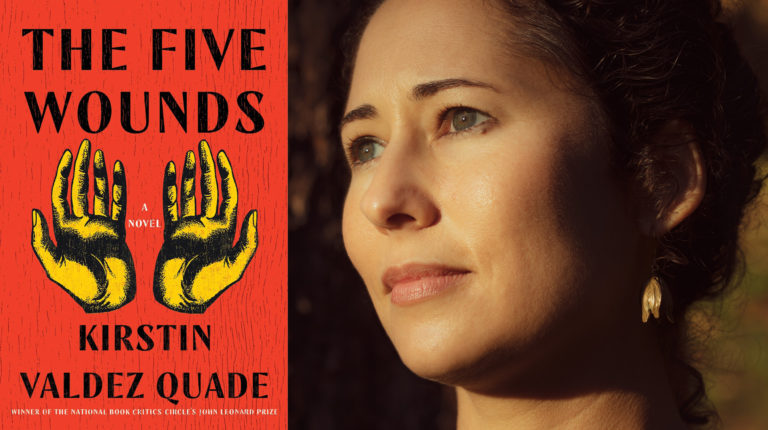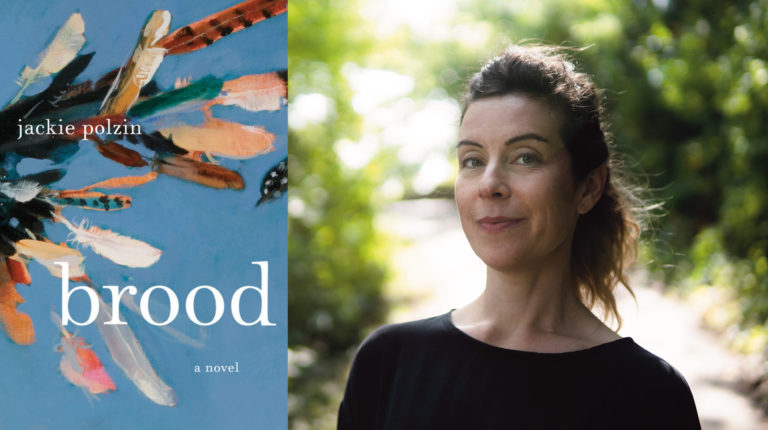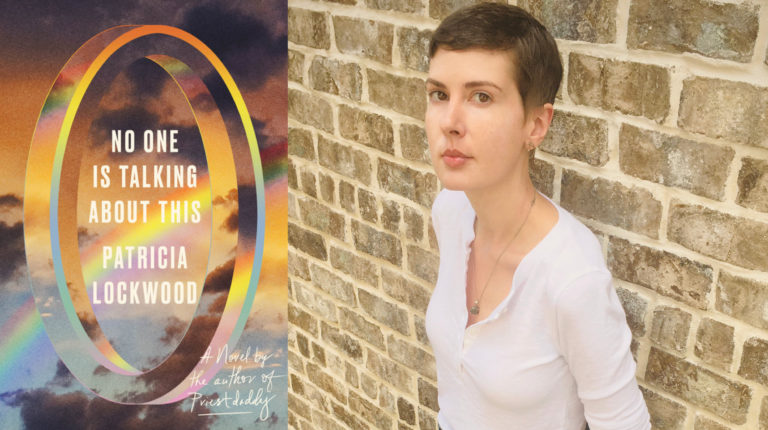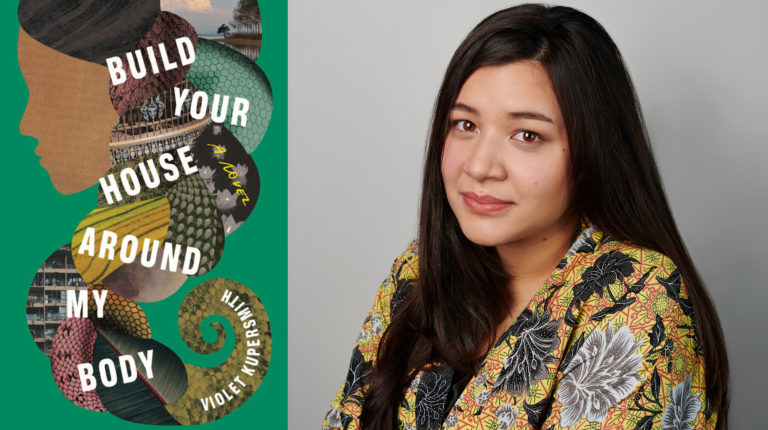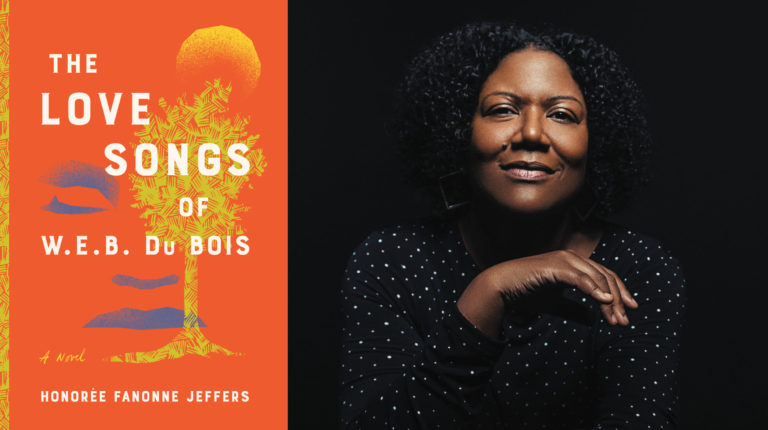The winner of the 2012 Flaherty-Dunnan First Novel Prize talks about Cowboys football, the war in Iraq, being the Imelda Marcos of books, and his long gestation as a writer.
Billy Lynn’s Long Halftime Walk unfolds over the course of one chilly Thanksgiving in 2004 at a Dallas Cowboys game, where Billy Lynn and the seven other surving members of Bravo Squad are scheduled to be celebrated as Iraq War heroes during the halftime show. Tell us a little about the genesis of the novel—why this idea inparticular was so compelling to you and how it evolved.
The idea for Billy Lynn came to me in 2004. Given everything that was going on then in America, I realized I didn’t understand this country where I was born and had lived my entire life. Why we were doing the things we were doing, especially overseas? When I saw the Cowboys football game on Thanksgiving shortly after the 2004 election, it struck me that the halftime show was an amazing mash-up of militarism, American triumphalism and exceptionalism, pop culture, and soft-core porn. And there in the very middle of all this was a band of soldiers.There were five or six of them.They were in desert camouflage, and they were tan and lean, and I looked at them and immediately knew that they’d been in the Middle East, that they’d been fighting. I wondered what it must be doing to their heads—to have been in that ultimate reality of combat, and then to come back home and be dropped into this very surreal, very artificial display. I thought, “There’s a story there.”
I worked on other things for the next few years but that germ grew, and gradually I started reading everything I could get my hands on about the Iraq and Afghanistan wars and began making notes. The novel built from there, though I didn’t start the actual writing until 2009.
Did you read many war novels as part of your research?
No, I was much more focused on nonfiction accounts, memoirs and histories and some cultural commentaries. I read Susan Faludi’s book The Terror Dream: Fear and Fantasy in Post 9/11 America, for example. In that book, she explores the American psyche in order to understand why we attacked Iraq, a country that had nothing to do with 9/11. I also drew on things I knew and had read about previous wars, my own conversations with veterans, war memoirs I’d read, and so on. I’ve realized that once you are into the research process, you find out that you know more about it than you thought you did.
Among recent war novels, Billy Lynn may be the only one that juxtaposes the kind of insanity of mainstream contemporary American life that is so obvious in a halftime show at a football stadium with the insanity of war. Some critics have called the novel an indictment of the Bush years in particular. Was that one of your aims?
If it is an indictment of the Bush years, I hope it comes from the inside out rather than from the outside in. I was trying to tell the story as authentically as I could and let the chips fall wherever they may. Obviously, we all have biases but I was just trying to start at the level of the line.
Did you begin with the knowledge that it would take place over the course of one day?
Not at all. When I started writing, I didn’t know what was going to happen. I didn’t know how many flashbacks there would be or if the book would be in real time or not. I was just trying to get each particular sentence right, letting that lead me. In each paragraph, each scene, I was trying to do justice to the story, trying to tell it as authentically as I could. I didn’t start with the structure you see now. At one point I thought it would start in Iraq, then I would take the boys through their entire two weeks in the U.S., and then follow them back to Iraq. But that’s not what happened. I had to trust that the story would reveal itself in the writing, and ultimately, aside from fragmentary flashbacks, it felt right to focus on that one day at Texas Stadium.
Even in your earliest stories, it’s obvious that the sound of the line is very important to you. Was that a real challenge to carry that emphasis forward into the novel format and sustain it over that longer length?
Every story has its own sound, and I can’t be more articulate about it than that. It’s something I’ve thought about a lot, but it seems like when the story presents itself, at least to me, it comes with a certain sound or tone or language attitude, and so that’s part of what I’m going after when I’m working out those sentences—is it true to that sound? But that wasn’t particularly different with the novel. It’s just longer. I had to struggle with the novel just as I do with every story—trying to hone in on that sound.
There’s been a lot of press about the fact that you were 48 when your first story collection was published and that there was a significant amount of time between when you quit working as a lawyer and when that first collection,Brief Encounters with Che Guevara, was published.
Yes, it was 18 years.
Can you talk a little about that period?
Someday I’m going to write an essay called “How to Get a Book Contract in Only 17 Years.”
You can co-write that with Karl Marlantes, our 2010 First Novel Prize winner [for Matterhorn].
What a great book he wrote! I started out with the same illusions that many aspiring writers start out with, thinking I would go through a period of apprenticeship, pay my dues, and then I would break through. We all have those fantasies where The New Yorkerpicks your story out of the slush pile and from there you’re on your way. But after six or seven years all the illusions were burned away and I had to get kind of Zen about it. I had to decide why I was writing and, if I was going to keep doing it, what was going to keep me going.
And what did you decide?
It became very much about the work itself. I have a horror of being self-indulgent and wasting time, and there is that risk in doing this kind of work. Are you totally deluded in sitting down at a desk every day and trying to write something? Is it self-indulgent, or might it possibly lead to something worthwhile? At a certain point I decided to keep on because I felt like the work was getting better, and I was taking great pleasure in that. I thought I might never publish a book, and might live a very small, obscure life in Dallas, Texas. “I will raise my kids,” I thought. “I’ll run the house. I’ll cook dinner in the evenings and try to take care of everybody, and in the meantime I’ll just see where this leads”. I very definitely had to let go of all those notions of worldly success and focus only on the work itself.
You said in another interview that during that period there was a different novel that you worked on for about four years and then relegated to a drawer. Can you talk about what you learned from writing that novel?
Sure. That first novel was set in Haiti. I started going to Haiti to do research and spent the better part of five years on it, sometimes working on other things, but mostly working on that. And that was sort of like my MFA. I learned a lot. I learned narrative pacing and drive and those very basic things that are so important in writing a novel rather than a story. It’s a very bad novel, but it was the work I had to do to get to the point where I might do something worthwhile.
And there was another novel, too, set in Dallas. Like the first one, it was kind of a big, sprawling, fairly complex book, and eventually, like the first, it collapsed under its own weight—though I finished both of them. When I sat down to write Billy Lynn, I thought, “Keep it simple, stupid,” and that was one reason I finally decided to focus on the one-day time frame. That was me trying not to screw up.
The Haitian novel was tremendously awkward and kind of thudding. I was very much still in the legal mind frame, this very rational lock-step sort of thinking. It took me a long time to get my head out of that legal way of thinking and into a more intuitive, emotional way of thinking.
Do you still keep to the pretty rigid writing schedule you developed in those early years?
In general, yes, but everybody has to figure out their own way. Some people are binge writers. They kill themselves for three or four days straight, and then don’t write for three or four days or for weeks or months. I work at it five days a week, sometimes six, sometimes seven, very steadily.
Do you plan to continue moving back and forth between stories and novels, or is one easier for you than the other, more enjoyable?
They’re both miserably hard and wonderfully satisfying, and I want to keep writing both as long as I can. The only thing easier about stories is that there’s less psychological pressure. Instead of investing years, you invest weeks. With novels, the stakes are much higher.
When you’re writing a novel, do you have a trusted reader? Do you let anyone see the work in process?
No. When I began writing I did dabble in writing groups, but it’s a tricky thing. If you can find the right person, somebody with a great critical eye who also has a very generous heart and spirit and an open mind who is willing to read what you’re trying to write on its own terms instead of trying to shoehorn it into some conception of what the work should be, I suppose that would be a wonderful person to have in your life. But even then it might knock you off track as you’re groping your way toward the good thing. There are times when you’re moiling and toiling through the swamps, but maybe that’s the work you have to do to get to the point where it becomes good.
Are there authors you read when you feel you’re stuck or when you simply feel you have to get away from the desk and need something to inspire you?
Not specifically. I’ve got so many books piled up around the house—I’m the Imelda Marcos of books: I can’t stop buying. But again, that’s tricky. Influence is a wonderful thing and it’s a dangerous thing.
When I was starting out, I went through various phases—my Hemingway phase, my Garcia Marquez phase, my Robert Stone phase. As beginning writers, we’re all groping and trying to pick up the true signal, the signal that’s coming into our particular heads.
Are there authors writing today whose work you’re especially excited about?
Joan Didion is an extraordinarily wonderful American writer. For me, she’s the master. Robert Stone. James Salter. And when I was going through my period of utmost bewilderment about the state of this country, I found myself reading a lot of Norman Mailer, a lot of his nonfiction. He went as deep as anyone has in grappling with why America is the way it is, writing some extremely profound things about that. I’ve liked Hunter S. Thompson, too, for that reason. But those are just the ones who come to mind today.
